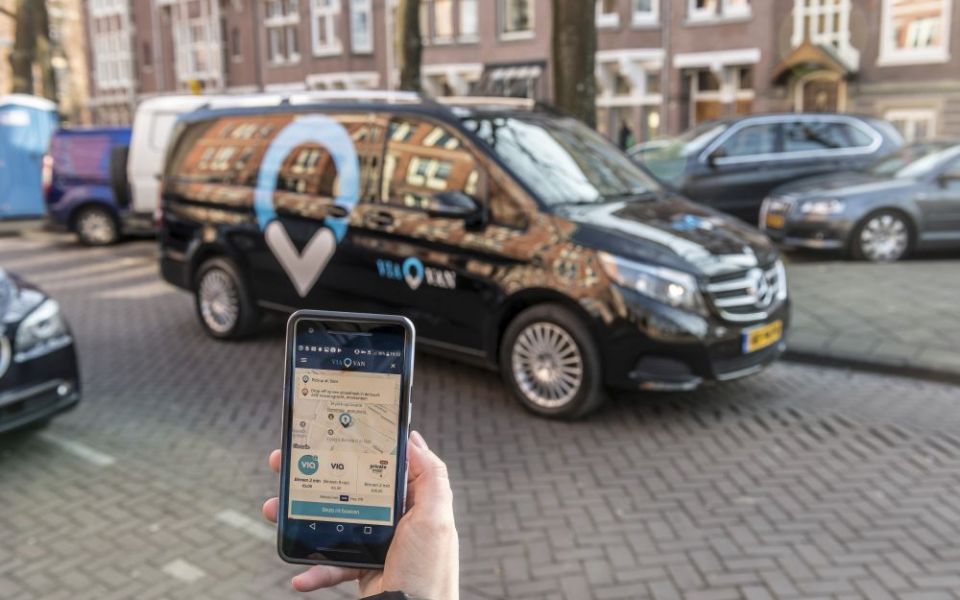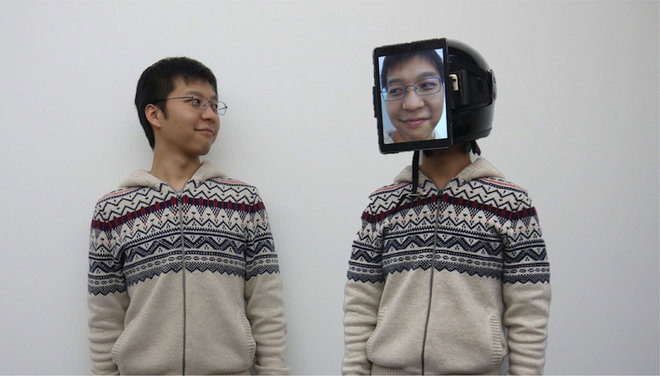Uber has a new rival in London following the launch of ride-sharing platform, ViaVan. The joint venture between Via and Mercedes-Benz will connect numerous passengers heading in the same direction with a chauffeur-driven vehicle.
Initially launched across zones 1 and 2, the new service is expected to provide a cheaper alternative to Uber whilst maintaining a strong corporate ethos.
Chris Snyder, CEO of ViaVan, explained:
Londoners deserve innovative transportation solutions that are safe, convenient, and affordable. ViaVan is a different kind of company: we have social responsibility built into our DNA. Our mission is to power truly dynamic mass transit systems, which reduce congestion in our cities while offering drivers the opportunity to earn a decent living. We are delighted to launch in London and to finally give Londoners an alternative to expensive and inefficient private car services
Via was initially developed in New York City and has now provided more than 30 million ride shares globally. Using Via’s dynamic peer-to-peer car-pooling technology, ViaVan has now been launched across two cities, London and Amsterdam, with further expansion planned.
Numerous ViaVan benefits
ViaVan predict that their car-pooling service will help bridge the gap between public transport and private hire services provided by firms such as Uber. Ride-sharing will inevitably command lower rates than an individually-hired vehicle. Furthermore, the reduction in traffic congestion and lower emissions offered by car-pooling will be welcomed across the globe’s major cities.
What does the future hold for ViaVan?
The ongoing partnership between Via and Mercedes-Benz is expected to see their innovative car-pooling services rolled out across numerous cities globally. Working closely with public transport providers, ViaVan will complement existing public transport infrastructure.
So, will combining Mercedes’ ingenious engine ability with Via’s sophisticated technology be a cause for concern for Uber? Let us know your thoughts.
Uber to sell driverless technology to Toyota





